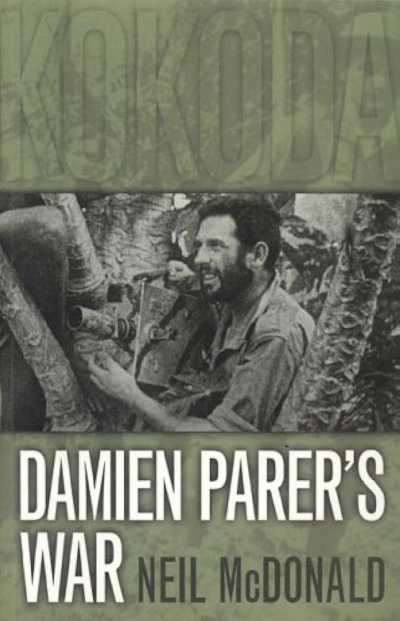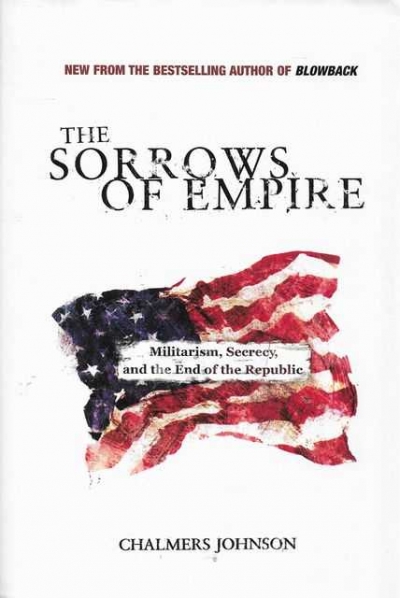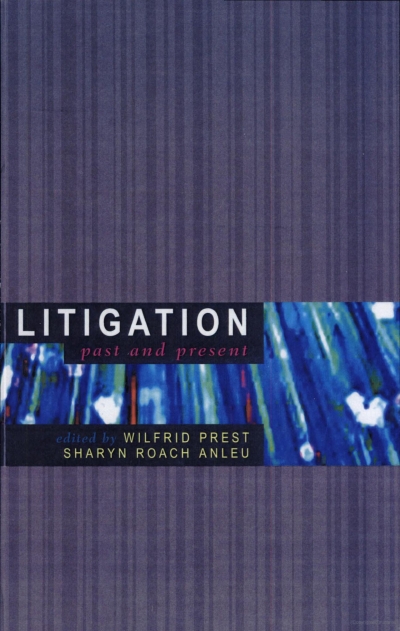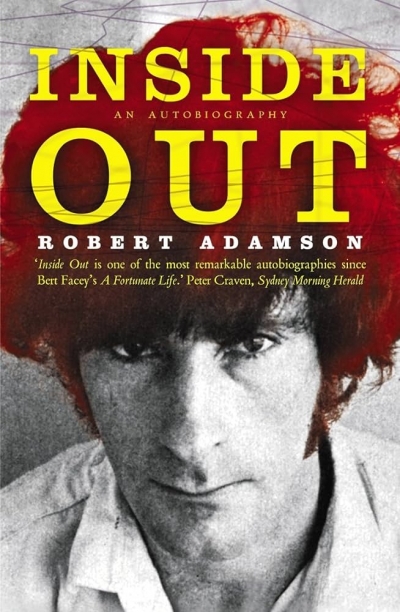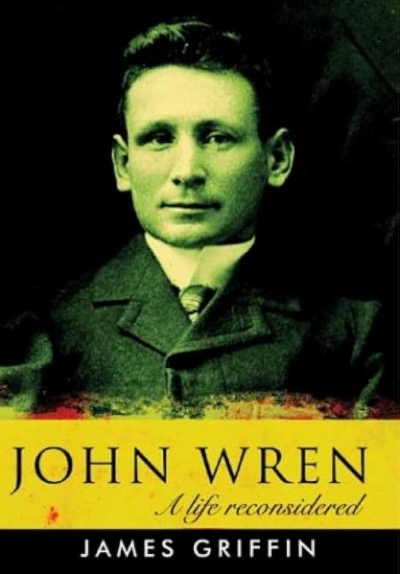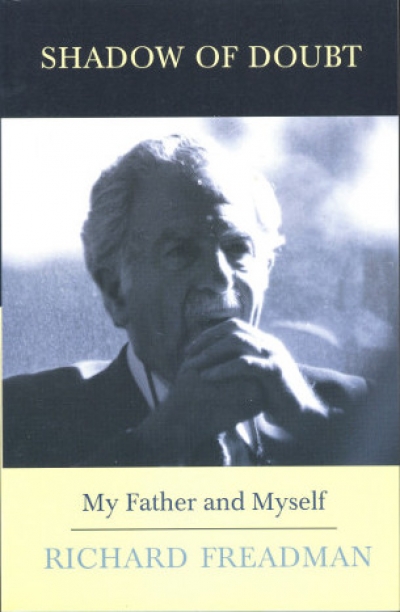Review
The Sorrows of Empire: Militarism, secrecy, and the end of the republic by Chalmers Johnson
by Dennis Altman •
Litigation edited by Wilfrid Prest and Sharyn Roach Anleu & Slapping on the Writs by Brian Walters
by Grant Bailey •
A Bastard of a Place: The Australians in Papua by Peter Brune
by Rodney Beecham •
Australian Constitutional Landmarks by H.P. Lee and George Winterton
by Michael Kirby •
Shadow of Doubt: My Father and Myself by Richard Freadman
by Peter Rose •


